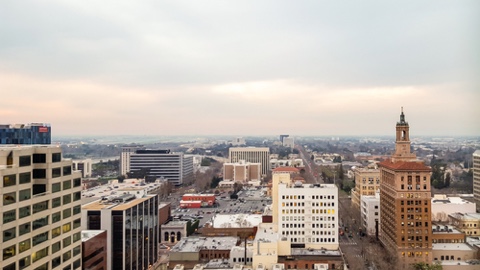
The city of San Jose, California recently released a request for information (RFI), seeking technology partners for autonomous vehicle (AV) pilot projects in specified corridors within the city. The RFI identifies five corridors where the city is looking to providing improved mobility options to the under served: seniors and persons with disabilities, offer alternative modes to reduce traffic congestion, increase safety, and help reduce greenhouse gas emissions.
The primary goals include:
- eliminating all traffic related fatalities and reducing severe injuries;
- reducing the environmental impact of vehicle miles traveled;
- building a balanced and equitable transportation system; and,
- creating a more livable and walkable city.
Another expected benefit is the data-gathering ability of these AV systems. When smart infrastructure and AV’s work in conjunction with one another, each vehicle would be capable of gathering data about traffic flow, ridership statistics and road conditions.
“Autonomous vehicles are basically a set of eyes and ears on the road,” innovation program manager Jill North said, “We are creating that dialog around a possible data exchange so that we’re able to get that information we need, so that we can better plan for our transportation needs.”
Mayor Sam Liccardo stressed that ridership data must be made available to the cities and residents and that the needs of marginalized residents are met.
“We’ve had a very deliberate strategy of making San Jose a test bed and a demonstration platform for innovative technologies that local companies want to beta test or prototype,” said Liccardo. “We want to be very deliberate in ensuring that disruption comes with real public benefit.”
San Jose is hoping its RFI process and future program implementation can provide a model for the rest of the country. The RFI can be seen here.


